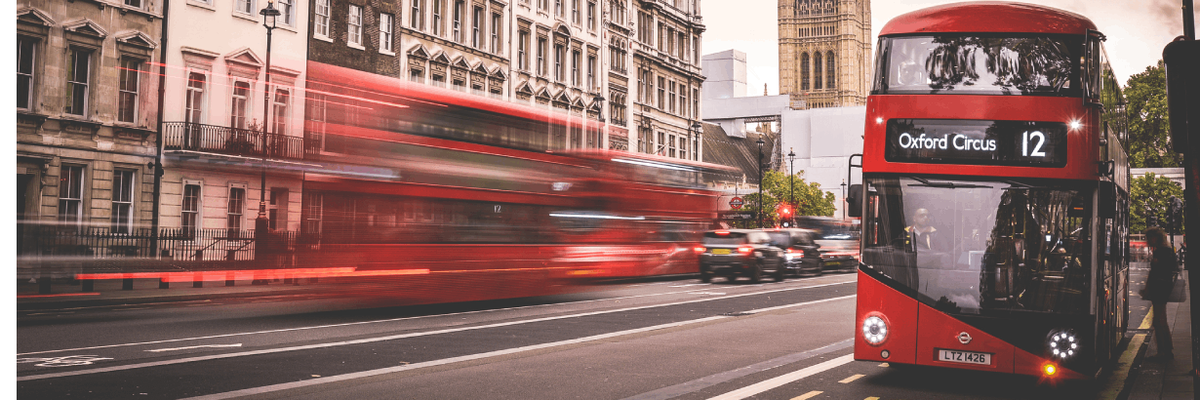People from London are least likely to say they thank their bus driver, hold the door open for others or always say please and thank you
Londoners are the least likely to think people see them as well-mannered – and Scots are the most likely.
Striking regional, gendered and generational divides exist around the issue of manners, according to the results of a new YouGov survey.
Generally, most members of the public believe others would describe them as having good manners (90%), with just 4% admitting they are likely to be viewed as rude.
In London, however, the number of people who think they would be considered to have “very” good manners is the lowest in the country at 33%, compared to 42% nationally.
We put to the public a series of societal litmus tests, finding that Londoners less frequently practice good manners – and that generally, people seem to be more polite the further north you travel.
Nearly two-thirds of Britons (60%), for example, will always thank their bus driver.
But bus drivers in the capital aren’t treated quite as warmly, with just 21% of Londoners saying they’d always show their appreciation when alighting from a bus.
That’s compared to 73% of Scottish people, 68% of Northerners, 66% of people from the Midlands and Wales and 61% of Southerners outside of London.
While bus design may be a contributing factor in this instance (many London buses have exits toward the rear of the vehicle), Londoners also emerged as most impolite in every other category.
The Scottish, it seems, could be the politest people in Britain, being the most likely to say they always practice good manners.
Nearly all Scots (95%) say others would describe them as having good manners while 77% claim they always say please and thank you, compared to 70% of the general public and just 55% of Londoners.
And when asked if they would hold the door open for others, the Scottish population are most likely to proclaim their chivalry (59% say they always would) and capital dwellers the least (34%).
Younger Britons are less likely to report having good manners
It also seems the youth of today will not be giving their elders a run for their money in the politeness stakes.
Fewer than three quarters of 18 to 24-year-olds (72%) say they’d be described as having good manners, with fewer than three in ten (29%) saying people would consider them “very” well-mannered.
At the other end of the scale though, 96% of 50 to 64-year-olds and 95% of over-65s claim others would describe them as having good manners.
Young people are also far less likely to remember their ‘Ps and Qs’, with just over half (54%) saying they always say thank you, compared to nearly three-quarters (74%) of the over-50s.
Women practice good manners more often than men
A distinct gender divide sees women displaying better manners than men in every question round.
The female of the species is more likely to think others view them as having good manners (93% compared to 87% of men), with just a third (33%) of men saying they’d be described as having “very” good manners, in contrast to half of (50%) women.
Women display their appreciation to bus drivers more consistently (70% always say thank you versus 51% of men); are more likely to hold the door open for others (50% vs 44%) and are far more likely to always say please and thank you (80% vs 60%).
Would Britons ever take the last biscuit from the plate without asking?
In YouGov’s ultimate test of manners, 5% of Britons say they would flout social convention by taking the last biscuit from the plate without asking if anyone else wants it first.
As with all the other questions in our etiquette examination, younger people are more likely to confess to uncouth instincts, being far more likely to take the last biscuit without asking than their elders (12% of 18 to 24-year-olds compared to 2% of over-65s). Most people (63%) would take the last biscuit if everyone else says they don’t want it – but more than a quarter of the public (27%) say they never would, even if nobody else wanted it.
Women are notably more likely than men to see the last biscuit as totally forbidden (32% of women compared to 20% of men), while older Britons are also particularly reluctant to clean the plate (33% of those aged 65 and above).
Picture: Getty











